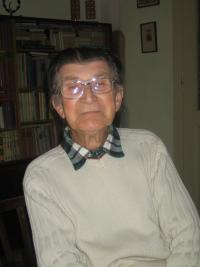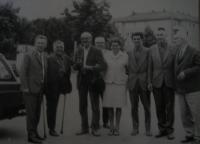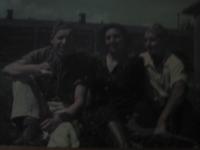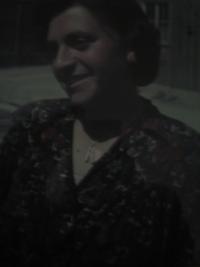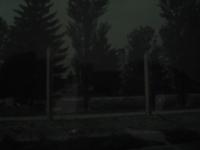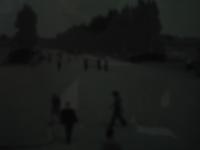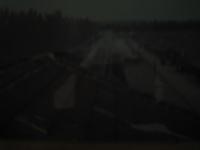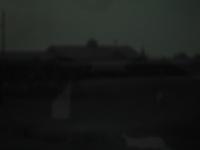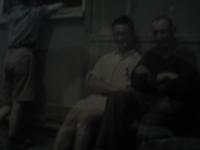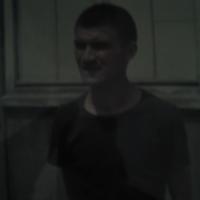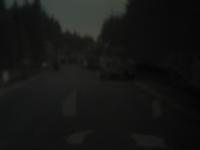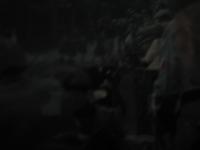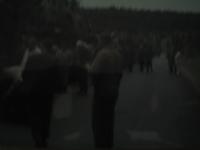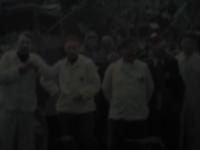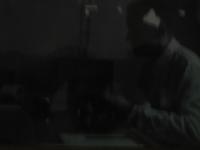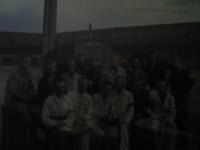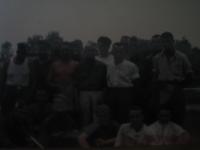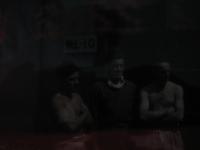Even though you rejoice at being liberated, you‘ll never truly be free

Stáhnout obrázek
Václav Balon was born on 13 May, 1922, in Přelouč. He was about to initiate his studies at an aviation schools, but the arrival of the German army on March 15, 1939, interrupted his plans. Together with his friends, he decided to fight against the occupation and in 1939 he began to print and disseminate anti-Nazi leaflets. They managed to keep up their illegal work until May 1940, when they discovered that the Gestapo was on their heels. They decided to flee the country via the so-called Balkan route in order to get to the Czechoslovak military units abroad. Originally, they planned to pass through Hungary, but eventually they traveled to eastern Slovakia, where, however, on June 6, 1940, they were finally arrest. After the deportation back to the Protectorate, Václav Balon was imprisoned in Horní Lideč and later in Uherské Hradiště. The interrogations took place in the castle of Špilberg in Brno and in Vienna. Eventually, he ended up in the Dachau concentration camp near Munich and was given the number 229. The next five years, he was a political prisoner. He worked on the plantations, in the wood drying room and eventually he got a job as clerk in the technical department. The Dachau concentration camp was liberated on April 29, 1945, and Václav Balon – after he had been stationed in the compulsory quarantine – finally returned to Přelouč via Prague. He then worked at a local armaments factory as a technician and later held other functions as well. In 1968, he once again decided to become involved in public life and distributed leaflets - this time in support of Alexander Dubček. Although he didn‘t pass the subsequent security vetting in the so-called „Normalization“ period, he could keep his job at the arms factory in Přerouč. Václav Balon is heavily involved in the Association of Anti-Fascist Fighters (later the Czech Union of Freedom Fighters). He currently lives in Přelouč.
